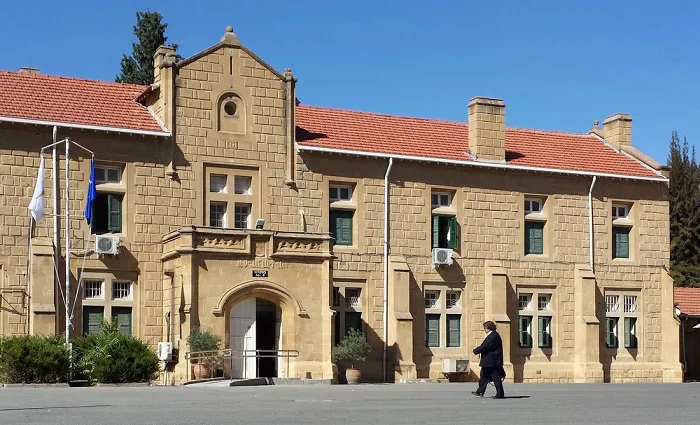The ongoing ‘golden passports’ trial in Nicosia took a critical turn on Monday as defence attorneys argued that the Cypriot cabinet had ultimate authority over naturalisation decisions under the controversial citizenship-by-investment programme, seeking to deflect blame from the two high-profile defendants.
Former House president Demetris Syllouris and ex-Akel MP Christakis Giovani are facing charges of influence peddling and conspiracy to defraud in relation to the naturalisation of foreign investors through Cyprus’ now-defunct golden passport scheme.
Defence Points to Cabinet’s Final Say
Defence lawyers focused on establishing that the power to approve or deny citizenship applications lay squarely with the cabinet, not individual actors. Christina Kaoulla, a prosecution witness and former head of the interior ministry’s naturalisation control unit, confirmed under cross-examination that ministerial discretion was subject to cabinet approval.
Kaoulla acknowledged that until August 2020, no formal legal ordinances governed the CBI process. These regulations were published only shortly before the programme was officially abolished in October 2020, following the release of a damning Al Jazeera investigation.
Investor Files and Ministerial Discretion
The defence referenced the naturalisation files of two foreign investors—former Gazprom executive Nikolay Gornovskiy and Jordanian businessman Almi Armoush, including the application of Armoush’s daughter, Zaineh.
In one instance, Kaoulla confirmed that then-interior minister Constantinos Petrides instructed her in October 2017 to accept the daughter’s application before the father’s citizenship was approved—contravening 2016 cabinet guidance requiring the main applicant’s approval prior to dependents’ applications.
This directive came after lobbying by Fidescorp, a service provider managing Armoush’s application. The father’s citizenship was later approved in March 2018, supporting the defence’s claim that discretion was exercised at the ministerial and cabinet levels.
Approval Despite Reservations
Giovani’s defence attorney, Giorgos Papaioannou, pressed Kaoulla on whether the cabinet would often approve applications even when the ministry had flagged concerns. She affirmed this, reinforcing the argument that decisions were politically directed and not solely driven by administrative assessments.
Background and Fallout
The trial stems from a 2020 Al Jazeera documentary that exposed systemic abuse of the Cyprus CBI scheme. Undercover journalists posed as representatives of a fictitious Chinese investor with a criminal background, seeking Cypriot citizenship. Both Syllouris and Giovani were recorded appearing to assist in the effort—despite the applicant’s purported criminal history.
The fallout was swift and damaging: both officials resigned, and a government-commissioned investigation later revealed that 53% of the 6,779 passports issued through the CBI programme were unlawful, sparking EU-level concerns over the integrity of visa-free travel in the Schengen zone.
As the trial resumes, the defence aims to demonstrate that broad political discretion, rather than individual manipulation, shaped Cyprus’ now-defunct CBI programme. However, with serious charges and documented misuse of the system, the proceedings continue to raise larger questions about immigration policies, governance accountability, and regulatory failures.
Related topics:
- Portugal Proposes Limiting Work-Seeking Visas to Highly Qualified Migrants
- Jordan and Russia Launch 30-Day Visa-Free Travel Agreement
- New Zealand Introduces 10-Year Parent Boost Visa


